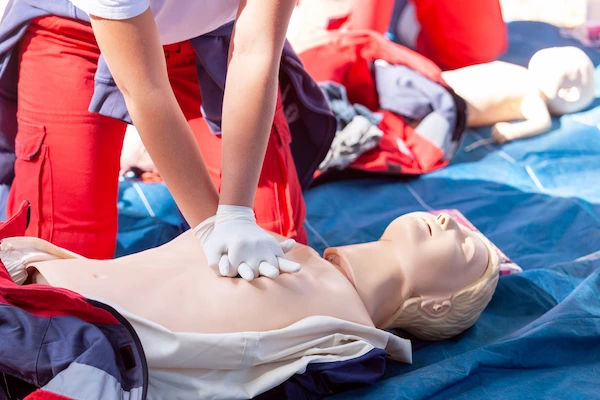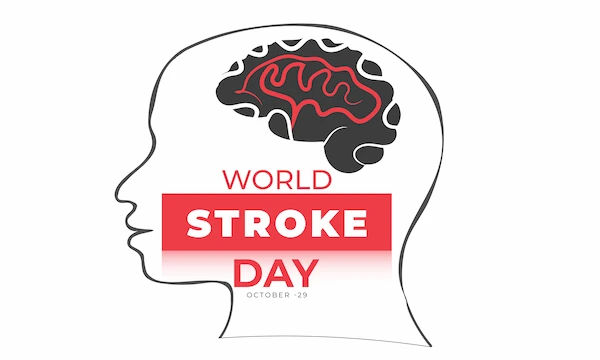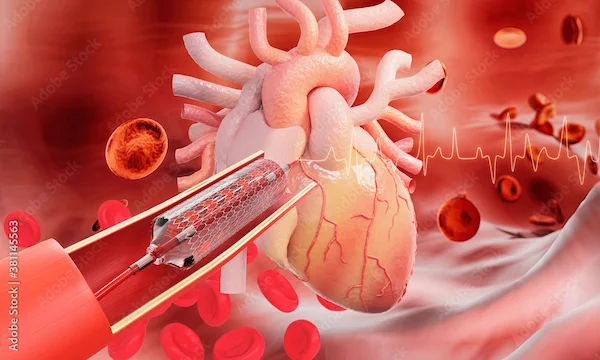- Male
- 26 Years
- 29/01/2025
I'm feeling a bit anxious about an angiography procedure I'm considering. Could you tell me what risks are involved? Are there any serious complications I should be aware of? Also, what's the cost estimate for undergoing this procedure?
Answered by 1 Apollo Doctors
Angiography is generally a safe procedure, but like any medical procedure, it carries some risks. Some potential risks and serious complications of angiography include: - Allergic reaction to the contrast dye used - Bleeding or hematoma at the catheter insertion site - Blood vessel damage or dissection - Blood clots - Stroke or heart attack - Kidney damage from the contrast dye The cost estimate of angiography can vary depending on the location, healthcare provider, and whether it is done on an outpatient or inpatient basis. On average, the cost of angiography can range from $500 to $5000 or more. If you are prescribed angiography, make sure to discuss the risks and benefits with your healthcare provider to make an informed decision.
Dr. Anshul Suggests...
Consult a Cardiologist
Answered 04/07/2025
0
0

More Cardiology Health Queries
View allI'm really concerned because my blood pressure has shot up to 14492 since it got colder. I'm already on Ivabrad for my heart rate, but I've used Prolomet XL 12.5 in the past as a beta blocker for blood pressure. Can I start taking Prolomet XL 12.5 again while I'm on Ivabrad 5 mg?
Yes you can take it maintain salt restricted diet and follow your doctors advice
Answered by 1 Apollo Doctors
I'm a bit worried about my blood pressure. It was moderately high a month ago, and now I'm taking Natrilix, 1.5 mg Indapamide. Is it safe for me to have a can of beer every six months, or should I be concerned? I came across some stuff online that's got me scared, and my doctor is currently out of the country.
Avoid alcohol
Answered by 1 Apollo Doctors
I'm 22 and I've been dealing with some blood pressure issues. I was on propranolol, but it didn't seem to help much, so my doctor switched me to telmisartan and metoprolol. I'm a bit concerned about switching meds so quicklycan stopping one and starting another suddenly cause problems? Also, since I'm pretty young, are these medications going to have any negative effects on me? I think my BP might be more of a "white coat" issue than a constant problem. What do you think?
Yes you can take it ,follow your doctors advice
Answered by 1 Apollo Doctors
Disclaimer: Answers on Apollo 247 are not intended to replace your doctor advice. Always seek help of a professional doctor in case of an medical emergency or ailment.




_0.webp)
